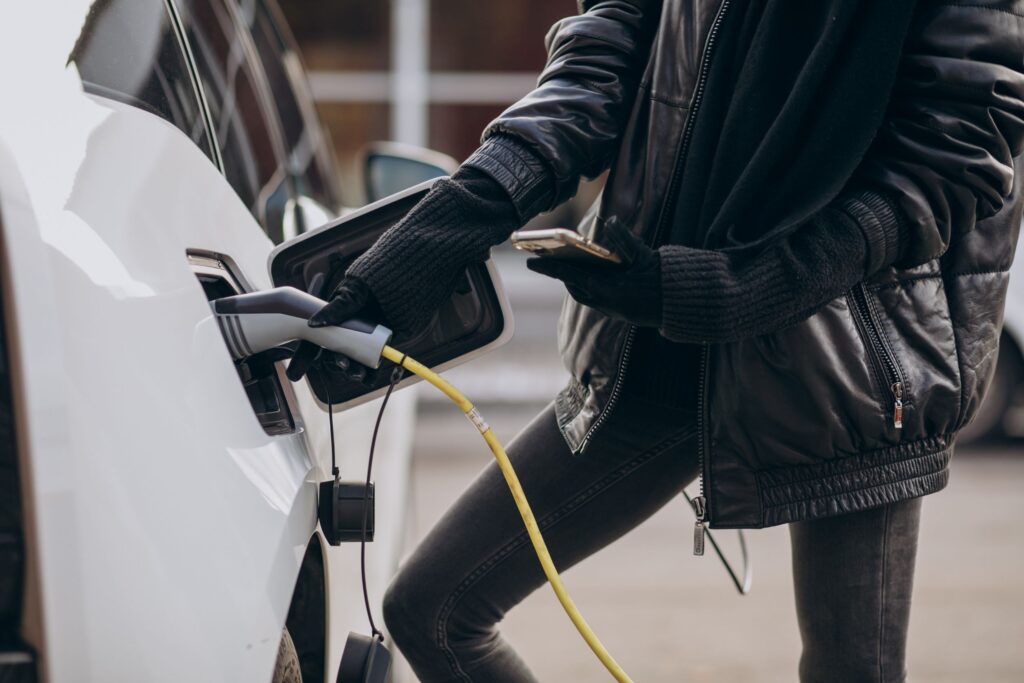The electric vehicle industry is growing in India. The central and state governments have launched many schemes to encourage it. Some rules and standards have also been made to support lithium battery recycling and e-waste recycling. The Indian automobile industry is the fifth largest in the world and is expected to become the third largest by 2030. The Indian EV Industry is slowly increasing its market share, supported by government initiatives and a rise in crude oil prices, as people look for alternative sources to minimize their monthly expenses. However, a great shift from internal combustion engine (ICE) vehicles to EVs requires expansion of charging stations, other infrastructure facilities, and vehicles that could provide a higher mileage with a single charge. Multiple initiatives taken by the government to support the manufacturing and adoption of electric vehicles in the country should help achieve the target of 100% EV adoption by 2030. They also ensure battery raw materials including lithium recovery and cobalt recovery are well taken care of.
India offers the world’s largest untapped EV market, especially in the two-wheeler segment. With several companies rolling out EV vehicles, the penetration of these vehicles has increased significantly in the last couple of years. As per a recent study, the electric vehicles (EVs) market is expected to be worth over ₹475 billion by 2025. The penetration of electric two-wheelers is estimated to reach over 15% by 2025 which is at 1% currently.
Making a case for India to lead the EV revolution may sound a little far-fetched. Compared to developed economies like the United States and China, we have a fair distance to go before being known as a credible electric vehicle market. But why EV? Because the current logistics, transport and delivery system is over-dependent on ICE engines, giving rise to multiple obstacles to a better future.
India’s biggest domestic taxi company Ola believes that if we talk about the financial benefits of electric vehicles for consumers, then they will have to pay less than one-third of the current price. At present, more than 30 percent of the cost of operating an EV is energy.
The EV push in India opens a plethora of business opportunities across three key segments – energy, mobility, and infrastructure. These include opportunities in EV franchising, battery infrastructure and recycling, solar vehicle charging and battery swapping technology among several others. The EV industry could add over 10 million direct jobs by 2030, creating 50 million indirect jobs in the sector.
The adoption of EVs leads to reducing carbon emissions, improving plant efficiencies, and technology upgradation regularly. So that the Indian energy industry can develop better and completely open the way for EVs in the nation.
While the government is aggressively promoting EV adoption in India, the inadequate infrastructure, lack of high-performing EVs and the high upfront cost are causing a major hindrance to its mass adoption. Capital cost has always been a major factor in the EV purchase decision, with 63% of consumers believing that an EV is beyond their budget. Our country’s lack of adequate charging infrastructure is a huge barrier to increased EV penetration.
A substantial infrastructure that is affordable, accessible and serves all consumer groups combined with a strong financing system, technology advancements and policy incentives is likely to poise the EV market for significant growth in the coming decade.


